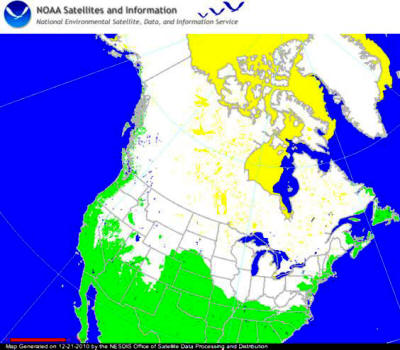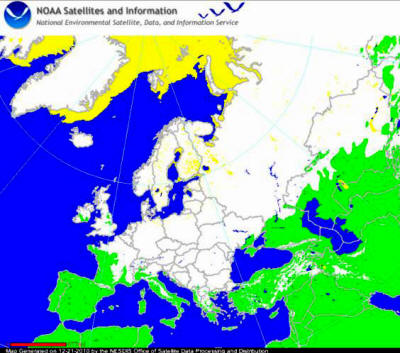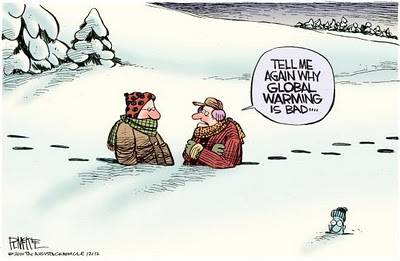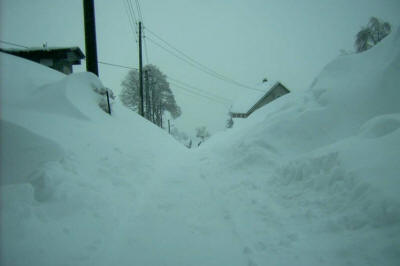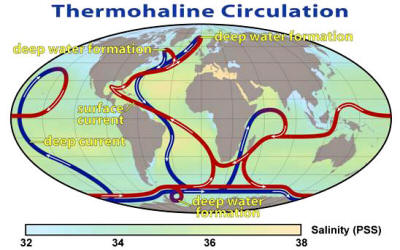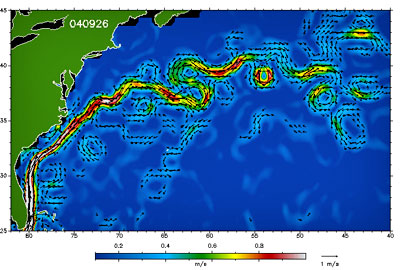|
by Mark Sircus from IMVA Website
This strange weather phenomenon, which you will see in the video below, happened in Newfoundland where the waves were actually frozen as they crashed on the beach.
This is exactly what one would expect at the end of the warmest year on record, right? Are we freezing because of global warming?
The media is still ranting that one of the effects of global warming is colder, wetter winters.
'Global warming' is why a low temperature record of 42 degrees that had been in place for 169 years in Fort Lauderdale was broken on December 7. Global warming is why people are freezing to death in the northern hemisphere and why they are increasingly finding themselves buried in deeper and deeper snow.
'Global warming' is now an insanity that
has been implanted deep into the consciousness of the masses,
meaning no matter how cold it gets, it’s getting warmer in the minds
of
the press and those who control it.
Obviously the sun is the major driver, but then we have other factors like air pollution from human and volcanic sources blocking out more light and thus heat, and now we are also having a breakdown in the Gulf loop current as well as a diminishing of the Gulf Stream.
What we have, ladies and gentlemen, is
heart-thumping climate change that is going to take a frightening
toll on humanity.
Britain for is experiencing some of the And look at Monday’s report from the Christian Science Monitor.
That’s a meteorological expression that
means totally freak storms are massing against the west coast with
one after another coming ashore with a flurry of precipitation that
is both frightening and dangerous.
There are spot reports of power outages,
trees falling on
And now, after days of relentless rain, Southern California is awaiting the most intense storm system yet, where a monster storm was expected to bring torrential rain, thunderstorms, flooding, hail and possible tornadoes and water spouts.
Forecasters warned of possible rainfall
rates of 0.75 inch to 1 inch an hour and thunderstorm rates of 2
inches an hour in the region and predict this storm will march right
across the entire continental United States.
Germany is brought to near standstill Climate change is obviously quickly taking on a new dimension in the northern hemisphere this autumn.
After the record heat wave this summer, Russia’s weather seems to have acquired a taste for the extreme. Forecasters say this winter could be the coldest Europe has seen in the last 1,000 years.
The change is reportedly connected to the speed of the Gulf Stream, which has shrunk in half in just the last couple of years. Polish scientists say that it means the stream will not be able to compensate for the cold from the Arctic winds. According to them, when the stream is completely stopped, a new Ice Age will begin in Europe. Some are saying that day has come and gone already, meaning Europe, at least, is in for some very big trouble.
I reported a few weeks ago that
indications are the stream has completely stopped in terms of
completing its journey to Europe.
Americans Will Eat
Fewer Tomatoes
At Frank Diehl Farms in Wimauma, not a single tomato plant survived the bitter air.
The cold snap wiped out the entire tomato crop at Diehl’s farm. All 600 acres are destroyed; Diehl says nothing can be saved.
Five nights of below freezing temperatures have severely damaged Florida’s 2010 sugarcane crop.
Actually many crops have been hurt,
damaged, or utterly destroyed and this is all food taken right out
of the population’s collective stomach. Row crops across the state
of Florida have been virtually wiped out. Not much about this though
in the mainstream news.
Bloomberg News says,
Prices are expected to increase due to inclement weather patterns influencing international commodity production and demand.
“Things” are getting more expensive.
That is a fact. In India food inflation is taking off like a plane off a runway, and China is not far behind.
India’s annual food inflation went up again for another week on the back of rising prices of fruits, vegetables, and milk and stood at 9.46 percent for the week ending 4 December. Food inflation was 8.60 percent in the previous week. This is the second consecutive week of rise in food inflation.
While prices of rice rose by 1.47
percent, vegetables went up by one percent, milk by 17.76 percent,
and fruits by 19.75 percent on an annual basis. Pulses and wheat
prices declined by 4.24 percent and 11.46 percent, respectively.
Onions became costlier by 29.93 percent on an annual basis.
According to FAO,
World cereal production is likely to contract by two percent during 2010 and global cereal stocks may decline sharply.
The price of sugar has reached a 30-year
high while international prices of wheat increased by 12 percent in
the first week of December 2010 as compared to their November
average.
Predictably we will see failing infrastructure:
Extreme climatic events (including
extreme rain events, floods) can do more to level humanity than
nuclear attacks.
I received a call from a friend in
Germany. She told me that it is a
The
Thermohaline Circulation (THC) This “thermohaline circulation” (from the Greek words for heat and salt) is an important part of the Earth’s climate that includes not only currents at the tops of the oceans, such as the Gulf Stream, but also currents deep under the water.
The system is global and includes water that sinks around Antarctica. The North Atlantic is dominated by the Gulf Stream - currents that bring warm water north from the tropics.
At around 40° north - the latitude of
Portugal and New York - the current divides. Some water heads
southwards in a surface current known as the subtropical gyre, while
the rest continues north, leading to warming winds that raise
European temperatures by 5°C to 10°C making Europe warmer than it
would otherwise be.
Seems like this is already happening as the Gulf loop, and now Gulf currents weaken, and miles above, even the Jet Stream seems to be affected, which perhaps is causing the strange phenomena in this next weather video.
The
Gulf Stream is part of a global
system of ocean currents, which, the generally accepted theory says,
is driven at least in part by salty, cold water sinking in the
northern Atlantic. As the water sinks, more water flows north to
replace it, which means if anything slows down the sinking, the Gulf
Stream would slow down and maybe other currents would slow down.
Harry Bryden at the National Oceanography Centre in Southampton, UK, whose group carried out the analysis five years ago, was not sure if the change is temporary or signals a long-term trend.
Whatever was going on seems to have been exacerbated by the huge Gulf Oil spill and the unprecedented usage of dispersants that has had the effect of sinking the oil and affecting of destroying the gulf loop.
For the first time there are seven billion people on the planet and we have just reached, these past few years, what could be called peak agriculture. We are growing and consuming more food than ever. We were already heading downward in output, though, and world food stocks are shrinking dramatically. Even during these years of peak production the United Nations says a billion souls are going to go to bed hungry most nights.
Now we are facing dramatic decreases of
food production from climate change as well as rapid increases in
prices.
Life is about to get a whole lot more
difficult.
|


